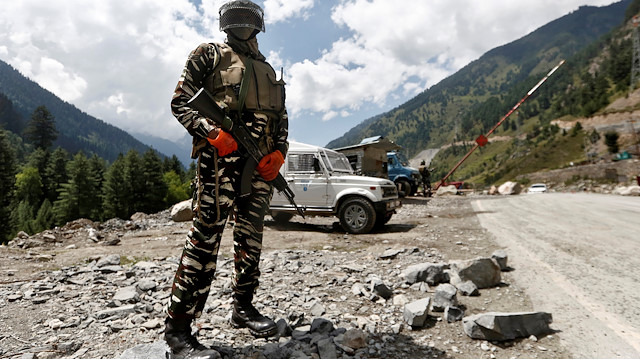
Peace that is not based on the principle that governments derive all their just power from the governed can never – and should never – last, speakers said at a webinar on the Kashmir issue on Friday.
“According to the additional protocols of the Geneva Conventions, which relate to people fighting colonial domination, alien occupation, and racist regimes for their right to self-determination, Kashmir is an international armed conflict,” said Mohammad Mushtaq Ahmad, director general of the Pakistan-based Shari’ah Academy.














